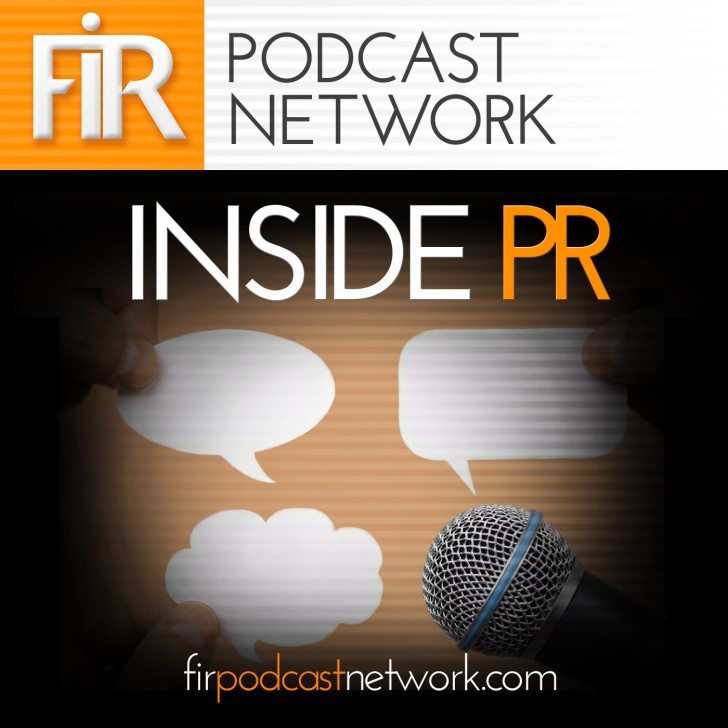In a thoughtful article on LinkedIn, Going Deeper on Digital and the Public Good, Stuart Forrestell has made an interesting point that I think should be kept in mind by government officials when deciding what to do or not to do on advertising-driven social networks like Facebook. Forrestal wrote,
A lot of people and organizations appear to be making digital an essential good for the public service. My core claim is that the connection between digital and the public good is neither intuitive nor obvious, and I think we’re at a point where this is starting to cause some trouble.
…Digital is an instrumental good. It allows us to be more efficient (stewardship of the public purse) transparent (integrity), engaged (respect for democracy), and responsive to Canadians (respect for people).
…Are public service values commensurate with elevating digital to an essential good? It is not at all clear that they are – and in fact, the answer appears to be ‘no’.
…It’s time for a deeper conversation about digital in the Canadian public service. Why is digital good? Is #GCDigital commensurate with the public good in an essential way, or an instrumental way?
Stuart Forrestell
I believe that digital engagement will help strengthen the bond between citizen and public institution by making the opportunity for public input available to more people. Viewed from that perspective, it clearly can be seen as an instrument by which we can advance the essential good of trust and participation in government decisions.
On the other hand, I think the distinction between instrumental and essential is highly useful and applicable to real world decisions. For example, if it were clearly applied to the use of advertising-driven social networks such as Facebook and Twitter, a perspective that digital is instrumental would cause us to ask questions about the potential benefits and tradeoffs.
If this question were asked, it would drive us to use these networks as a means of information sharing, but to avoid them as a channel for public consultation. I see all too many government institutions (especially at the local level) who want to integrate Facebook pages or live videos or registration into their online consultations. They are so driven to “go digital” that they overlook the potential for the social network to sell the metadata our input yields to advertisers.
That’s not an argument against digital engagement. But it is a reason to consider carefully the best channel for different types of interaction.


